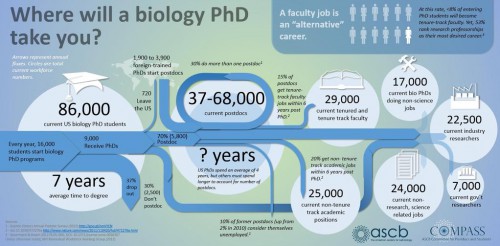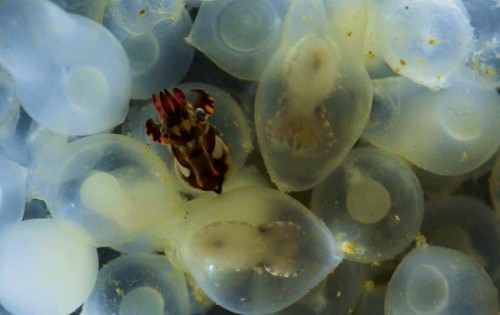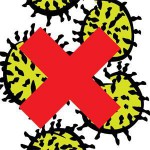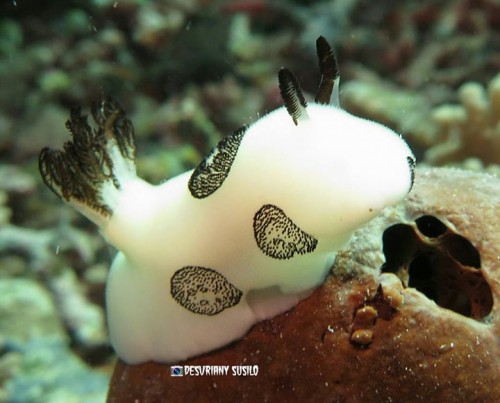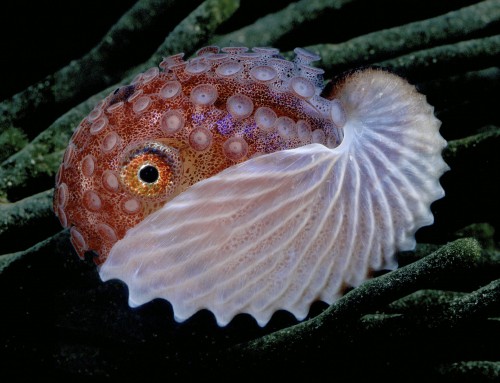37% of students entering biology Ph.D. programs drop out? Only 8% achieve the goal of getting a tenure track faculty position? That last statistic, at least, isn’t as bad as it sounds, since there are lots of alternatives.
I’d also add, though, that this is another case where random drift, rather than selection, probably dominates. Those 8% aren’t likely to be the best (although some are!), but only the most persistent, or the luckiest.

